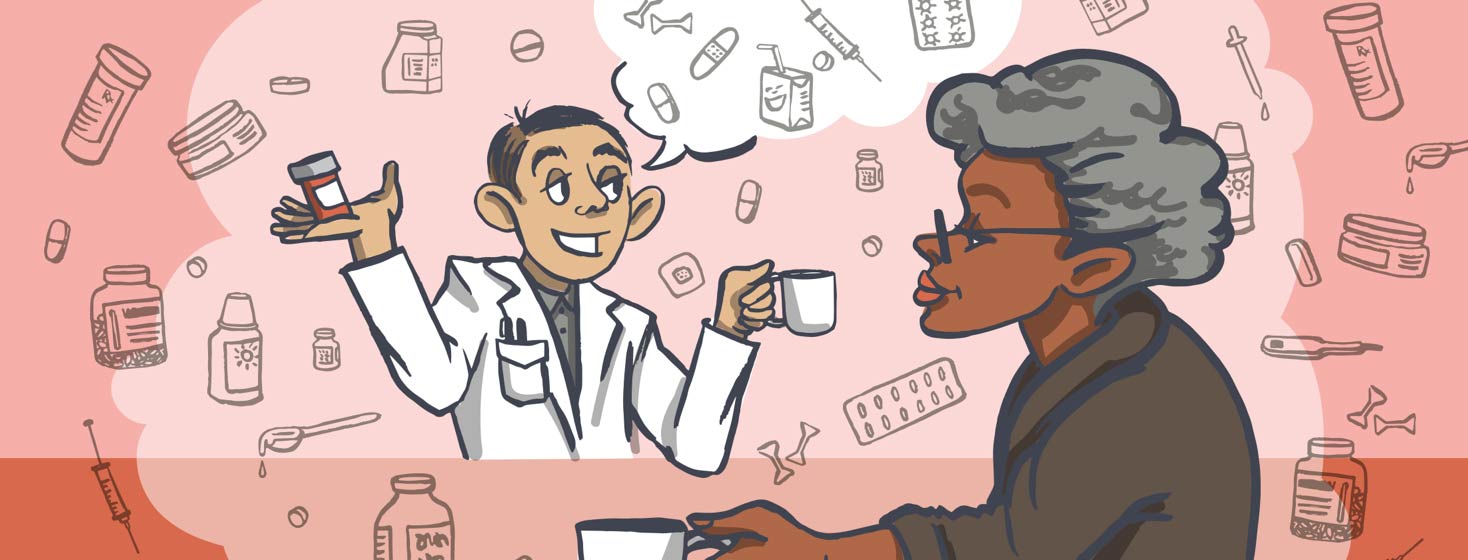Building a Professional Relationship With Your Pharmacist
It was only during my first-year pharmacy rotation l that I realized the power of building a professional relationship with your pharmacist. Prior to that, I assumed people frequent the closest pharmacy to their home, pick up their medications, and leave. For many people, that is indeed the extent of their relationship with their pharmacist.
However, I noticed a pattern over time: patients with certain medical conditions tend to know their pharmacist by name. People with more medications stop by the pharmacy more often, increasing the frequency of interactions and therefore opportunities to build trust. Furthermore, pharmacists are the most accessible healthcare professionals. Most people are not able to walk into their doctor's office or call their specialist without a prior appointment. This is not the case for pharmacists.
Benefits of building a relationship
Just like establishing a relationship with your physician, it is important to establish a professional relationship with your pharmacist. This relationship can improve your health outcomes; for example, it is more likely that pharmacists offer emergency supplies when you run out of your medication when they know you. Pharmacists don't just dispense medications anymore. They have more authority to adapt prescriptions to meet your unique needs. These unique needs range from medication-related needs to lifestyle and circumstantial needs.
For people on a number of medications, which is often the case for people with heart failure, it is especially important to establish a relationship. In fact, studies have shown that those with high-quality patient-pharmacist relationships are better able to manage their medications and condition.1
Initiating the relationship
This may seem daunting at first – how are you to establish a working relationship when your pharmacist seems so busy and only has time for a few minutes of counseling?
Most pharmacies offer a free service called a medication review; this is when a pharmacist sits down with you in a private area to discuss your medications. They ask you questions regarding how you take your medications, confirm that the medications are effective and safe, and in some cases, go over your lab levels. Sometimes, the pharmacist determines that you don’t need to be on a medication any longer. Any recommended intervention is relayed to your physician. These reviews provide a great way to have private one-on-one time with your pharmacist.
Shop around
While building a relationship can take years, do not limit yourself to one pharmacy. Just like finding the right doctor, you may need to hunt around for the right pharmacist. Don't be afraid to request a transfer of your medications to another pharmacy.
Pharmacists want to help
I can speak for myself and many of my colleagues that despite how busy our workday is, seeing a regular client is the most rewarding part of our days. Many of these relationships last decades; sometimes, it flourishes in meeting the medication needs of the entire family. We are always here to help and look forward to building these meaningful relationships.

Join the conversation